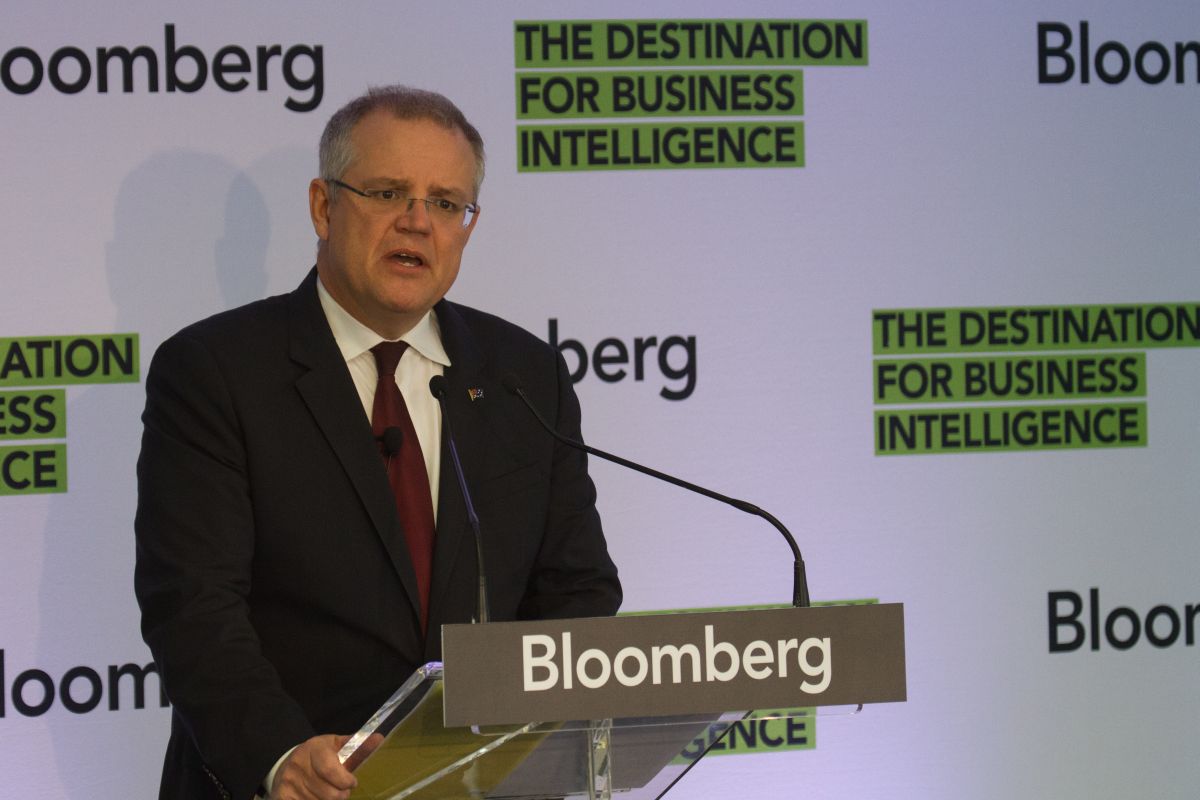Australian Prime Minister Scott Morrison said on Friday that he was inclined to cancel an official trip to India planned for this month in order to deal with a bushfire crisis ravaging parts of his country.
On being asked about it was appropriate to leave Australia given the situation, PM Morrison said that he was “inclined not to proceed” with the visit.
Advertisement
Morrison was due to visit India from Jan 13 to 16 at the invitation of Prime Minister Modi.
PM Morrison was also due to visit Japan from January 16 to 17, but he did not mention his intentions.
At least 12 people were dead as major bushfire engulfed in Australia’s southeast coast this week and a fourth was missing and feared dead, as navy ships rushed to provide supplies and assist with evacuations.
NSW Police Deputy Commissioner Gary Worboys said, “Sadly, we can report today that police have confirmed a further three deaths as a result of the fires on the South Coast”.
“Police are also at Lake Conjola now, where a house has been destroyed by fire and the occupant of that home is still unaccounted for”, Worboys added.
The wildlife park was threatened by an out-of-control bushfire, though zookeepers and firefighters managed to save all 200 animals.
About 4,000 people in the town of Mallacoota in Victoria headed to the waterfront after the main road was cut off.
On Sunday, PM Morrison announced a compensation scheme for volunteer firefighters in New South Wales (NSW), who have been battling the catastrophic bushfires in the state.
Earlier, the New South Wales (NSW) state had declared a state of emergency, with bushfire conditions expected to worsen over the coming days as a record-breaking heatwave sweeps across the country.
In November, New South Wales’ Rural Fire Service said Thursday morning there were about 60 fires active, with 30 of them uncontained in the state where some 1,200 firefighters tried to mitigate the flames in the face of worsening conditions, such as rising temperatures and wind.
The fires have been fuelled by tinder-dry conditions after three years of drought that experts say has been exacerbated by climate change, a factor that has sparked a sharp political debate in recent days.











